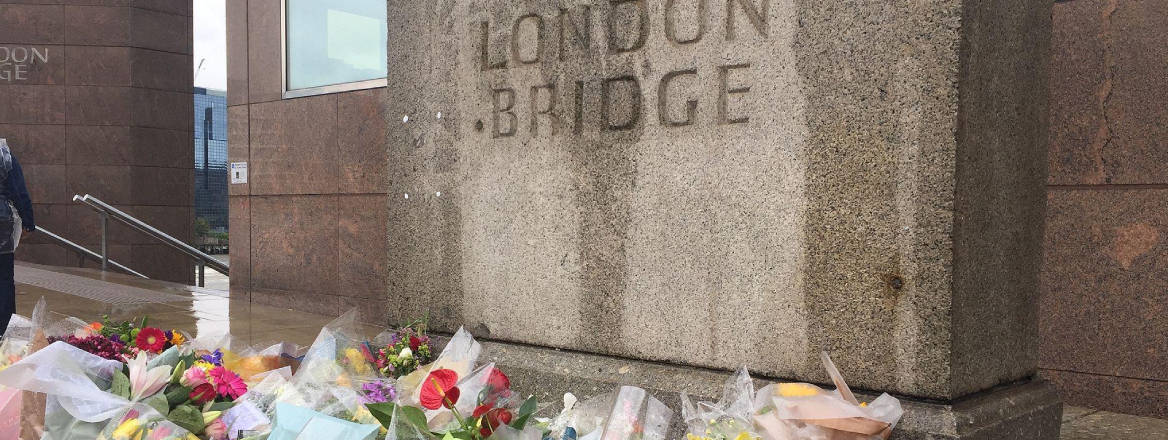Media coverage of terrorism amplifies its effects. The negative consequences of any such coverage can be mitigated by responsible and ethical reporting practices.
Terrorism is commonly defined as a form of politically motivated violence and intimidation, which uses communication strategies to amplify its intended effect of causing terror. It employs a wide range of platforms, including so-called ‘traditional’ news media such as newspapers and television, as tools. However, the role of the mass media in the advancement of terrorism’s objectives is controversial, even within academic literature, as it is difficult to draw direct lines of causation due to the diversity of factors contributing to terrorism and the process of radicalisation. This paper synthesises the existing literature to explore what the theory says about the role of the media in relation to three questions:
- Does traditional mass media influence the threat of terrorism by encouraging or discouraging radicalisation, recruitment and mobilisation to violence?
- Does traditional mass media amplify or suppress the social and psychological effects of terrorism? For example, does it amplify levels of public fear or impact social cohesion by damaging community ties?
- Does the traditional mass media in the UK inadvertently advance terrorist objectives?
WRITTEN BY
Dr Jessica White
Acting Director of Terrorism and Conflict Studies
Terrorism and Conflict


